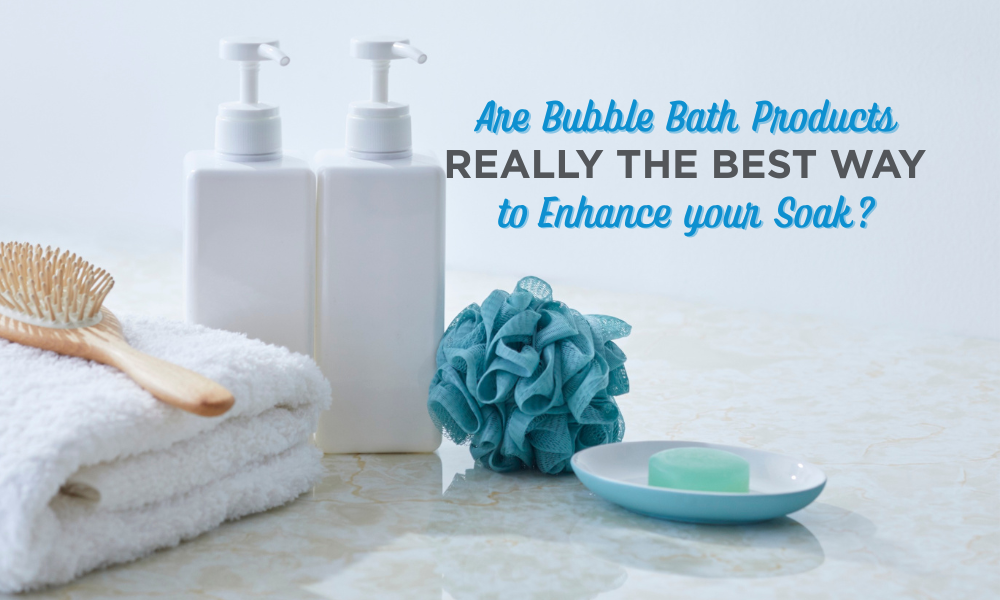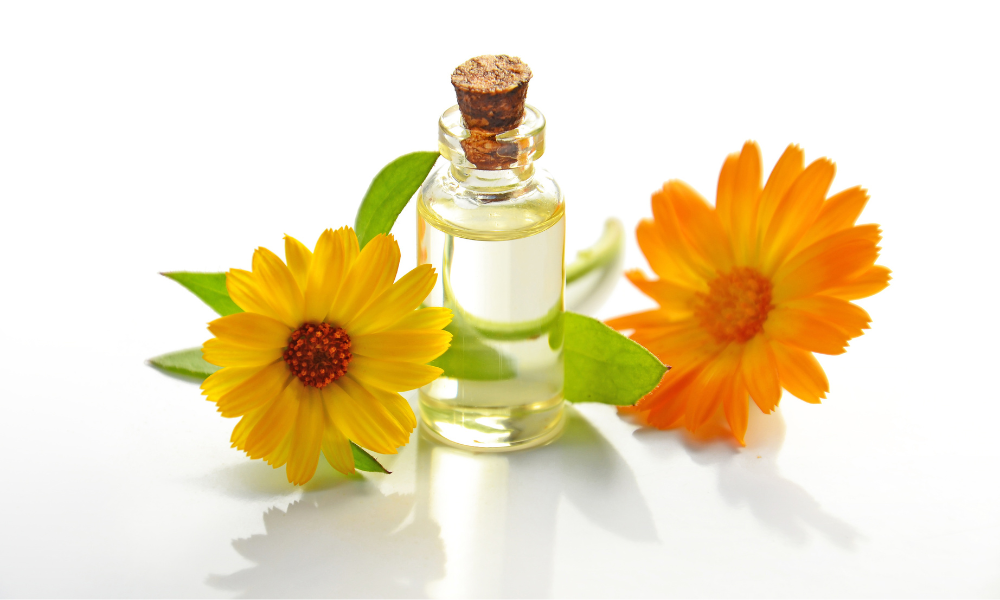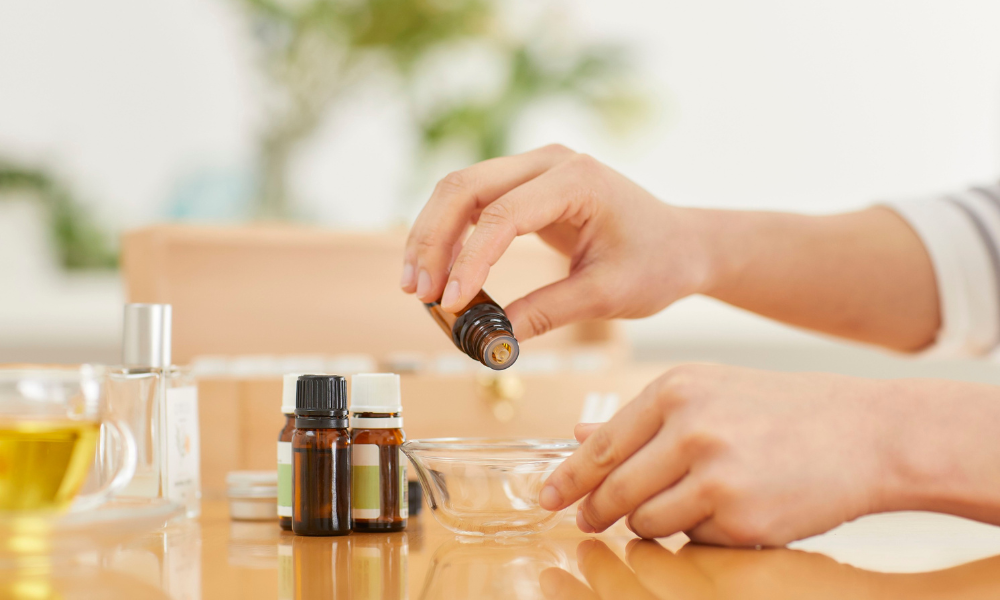When you think of a luxurious bath, you probably imagine a tub of hot water topped with a thick foam of bubbles. While bubble bath products are popular for achieving bath time indulgence, there are other relaxing bath products that can enhance your soak and provide greater health benefits.
Why Bubble Bath Products Aren’t the Best for Your Bath Time
Have you ever treated yourself to a relaxing bubble bath only to suffer from dry, itchy skin for the rest of the day?
Your bubble bath products are probably the culprit.
To create bubbles, bubble bath products contain foaming agents such as sodium lauryl sulfate (SLS) and sodium laureth sulfate (SLES). These chemicals are so aggressive that they remove the protective layer of your skin, which in turn makes your skin more sensitive to other ingredients. While sinking into bubbles may feel great at first, your bubble bath can end up giving you dry skin and aggravating existing skin issues.
Fortunately, there are other relaxing bath products that you can use instead. In addition to creating a luxury bath, these products can also boost your well-being and help with common ailments. This ensures the benefits of your soak last even longer than they would with bubble bath products.
Sea Salt Baths
If you suffer from dry skin or skin conditions such as eczema and psoriasis, sea salt baths could be just the ticket. The sea salt gently removes your dry skin and can soothe any itching, making it a great alternative to bubble bath products.
Sea salt baths are ideal for stiff joints, sore muscles, and cramps. They also improve poor circulation, especially in the legs. According to a review of scientific evidence, sea salt baths have even shown to help with rheumatic diseases such as rheumatoid arthritis and many more!
Here’s how to enjoy the most sea salt bath benefits:
- Fill your tub with water that is a few degrees warmer than body temperature
- Add ¼ to 2 cups of sea salt to the water, depending on your size
- Soak for at least 20 minutes before getting out of the tub
- Dry off thoroughly and apply moisturizer to your skin
While salt baths are considered a safe way to bathe, you should avoid them if you have an open wound or develop hives after sitting in the salt water. If you’re suffering from severe skin conditions, aches, and pains, it’s always best to consult your doctor to find the best treatment for you.
Essential Oils in Bath Water
With so many options to choose from, essential oils are a fun way to spice up your bath time and improve your well-being. Unlike bubble bath products, each essential oil carries its own unique aroma and health benefits. These are some of our favorites.
Lavender
This essential oil is perfect for stress relief. The relaxing scent can help you wind down for bed and relieve headaches and migraines. If you’re suffering from any aches, pains, or inflammation, lavender is one of the best essential oils for your bath water.
Eucalyptus
Eucalyptus is another essential oil that can aid with aches and pains in your joints or muscles. The scent is much stronger than lavender, which means you may feel more alert after your bath. Just be careful if you have pets, as this essential oil is toxic to animals.
Chamomile
You might already drink chamomile tea to reduce stress or relax before bedtime. A soak with chamomile essential oil in the bath water can be just as effective. What’s more, chamomile has anti-inflammatory properties that can help with pain, neuralgia, and arthritis.
Rose
Rose oil doesn’t just smell great, it’s a powerful essential oil, too. Try this essential oil in your bath water if you have pain or anxiety. Rose oil is thought to stimulate the brain to release endorphins, known as the feel-good hormone. After your soak, you may feel the difference in body and mind.
How to Use Bath Oils
Essential oils are 100% pure plant oil — or should be. Avoid any relaxing bath products that contain artificial fragrances, colors, or a high percentage of added water so you can get the most out of your bath time. Assuming your bath products are completely natural, here are some tips for using these essential oils in your bath water.
- Do a skin patch test.It’s possible to be allergic to essential oils, so test a small amount 24 hours before adding anything to your bath water.
- Use a carrier oil when adding essential oils to your bath water.Essential oils are not soluble and the droplets can irritate and burn your skin.
- Try these three great options for carrier oils: Coconut, sunflower, and jojoba oil. Add 3-12 drops of essential oil in a tablespoon of carrier oil for each bath.
- Add essential oils after drawing your bath.The hot water will allow the aromas to escape the oil and fill your bathroom with the scent. This means you get to enjoy some aromatherapy, too!
- Be aware that your tub may become more slippery.Take special care as you get out of the tub and be sure to use handrails or ask for assistance.
Try these alternative relaxing bath products to suit your mood and needs. You’ll likely find that your soak is even more luxurious than with any bubble bath products — and the benefits last much longer! If you want to enjoy your most relaxing soak yet, take a look at our guide to drawing the perfect hydrotherapy bath.


